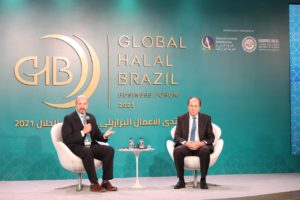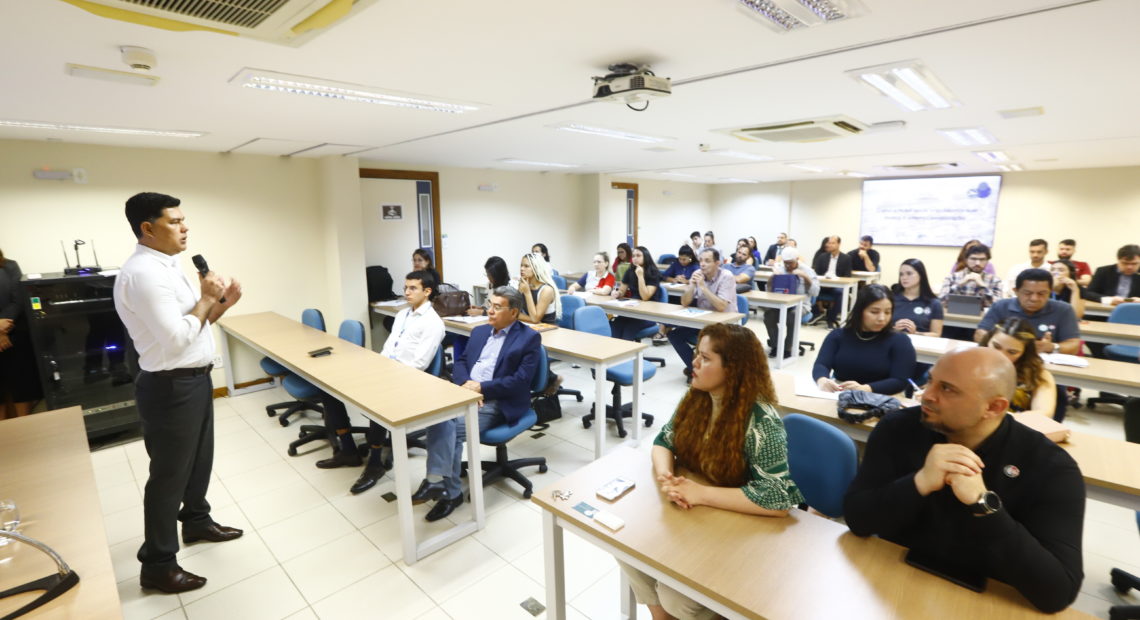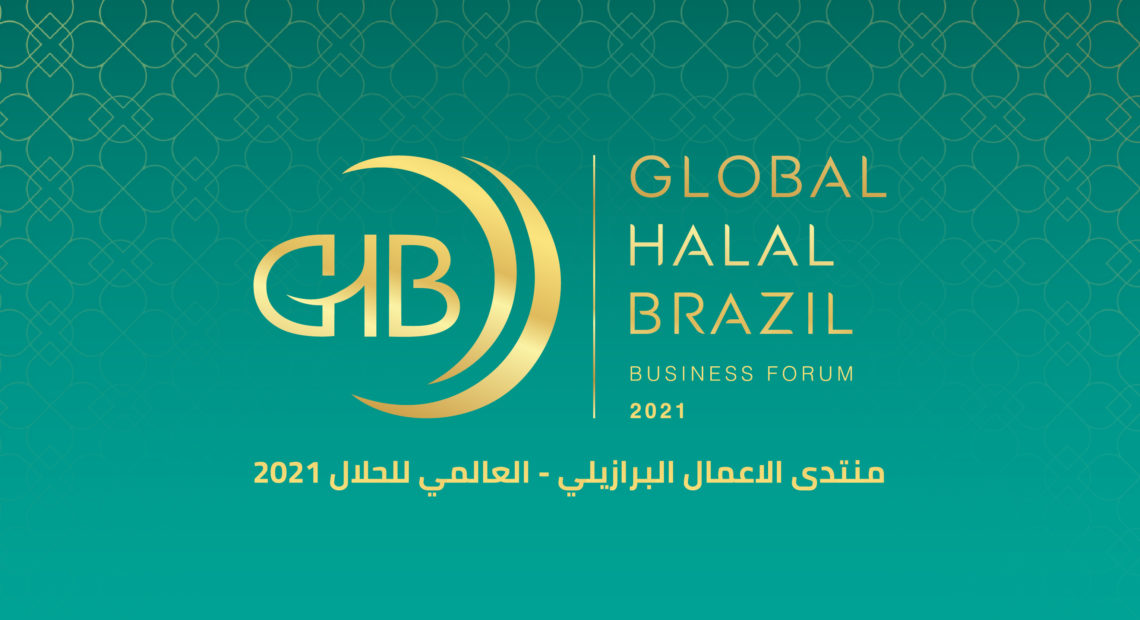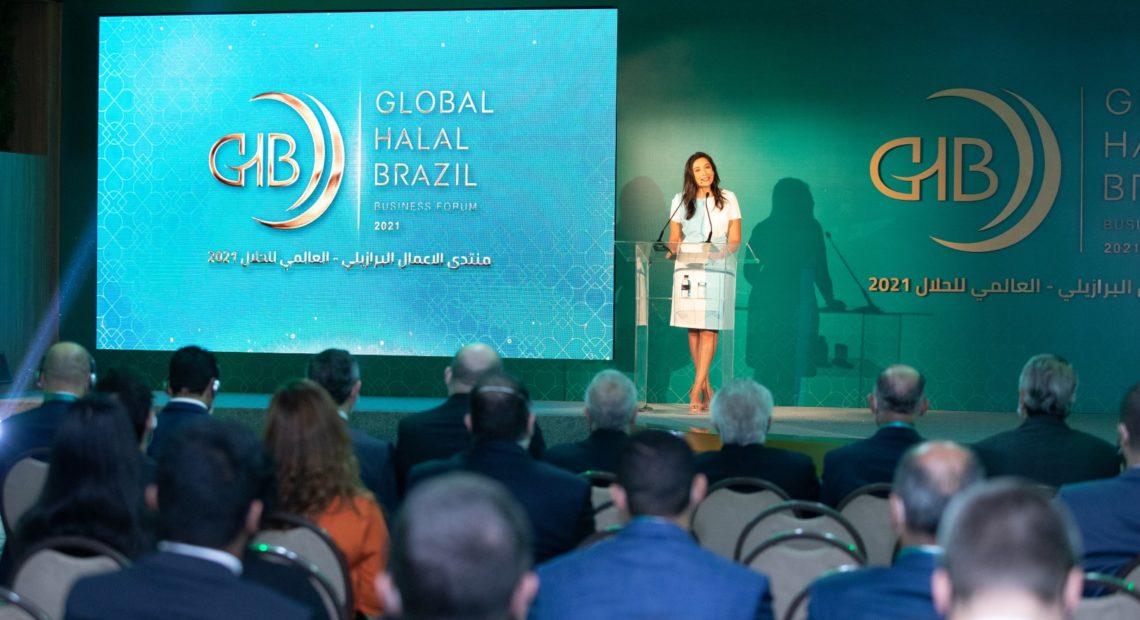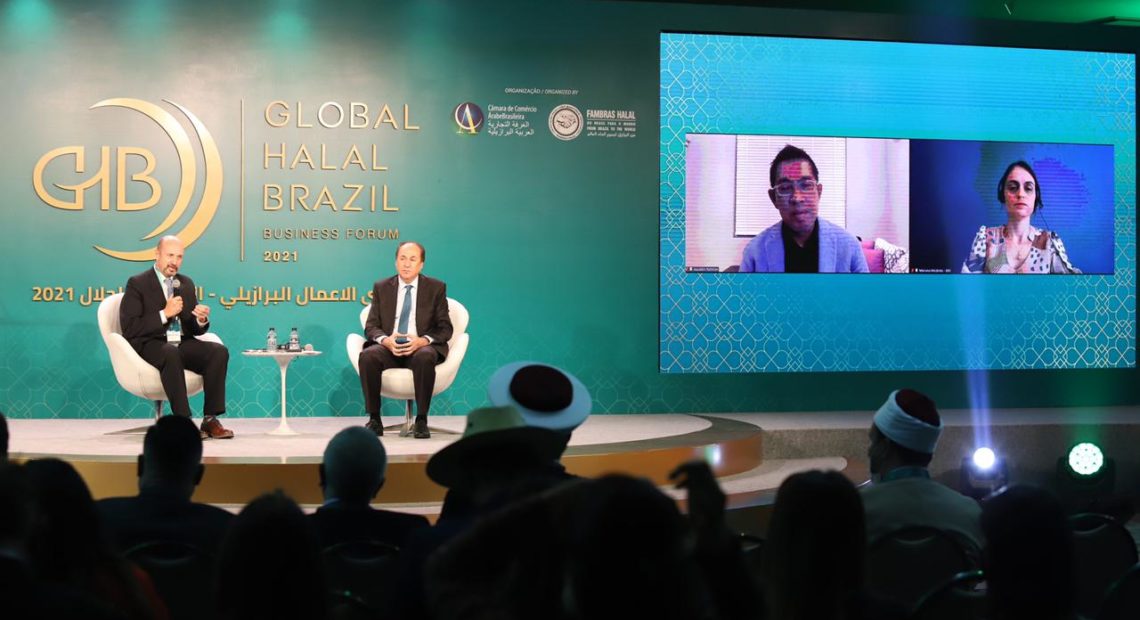
Bruna Garcia Fonseca
bruna.garcia@anba.com.br
São Paulo – “Halal and ESG in companies are not only complementary but convergent.” So said Azuddin Rahman, director of consulting firm Inno Bioceutical Sdn Bhd, that works with sustainable development in Malaysia, and Vietnam Halal Center Company Limited, said during the panel “ESG, Sustainability and Halal – Complementarity” on the last day of the Global Halal Brazil business forum on Wednesday (8).
“ESG is a system that brings together the sustainability of a company and the investments in three aspects: Environmental, social and governance. In these three specific segments there’re criteria covering mission, leadership, expectations, internal controls, and even human resources aspects like salary,” Rahman explained.
ESG quantifies or calculates across all activities what’s being done in these segments, he said. “And halal basically prevents you from being involved in pollution, requires that you treat part of residues, and ensures social responsibility by making sure the employees are paid enough. It also forbids child labor, and you must follow internal governance processes and meet global requirements,” Rahman said.
In this regard, he says, ESG and halal not only complement each other but converge. “I believe this is a huge convergence. We must look not only at the finished product – if we are talking poultry, for example, we can’t look just at the slaughter but the entire process from breeding and feeding the animal to the finished product,” he said.
The difference of this convergence, Rahaman says, is that all governance, social and environmental processes must be well documented and communicated to stakeholders. “Everything must be transparent,” he said.
Moderating the panel, O.N.E. Sustentabilidade managing partner Marcos Vaz stressed that the operations and practices of the company must be based on leadership, progress, and strategy setting. “More than complementarity between halal and ESG, a convergence has to be sought after, turning intention into results,” Vaz said.
Federation of Muslim Associations of Brazil (FAMBRAS) vice chair Ali Zoghbi also participated in the panel. He talked about the positive impact of the work done by FAMBRAS with social and humanitarian projects like Islam Solidário that features over 17 healthcare services besides the social work; Islam contra a Fome; Água, Saude e Vida; and others.
He also mentioned comic book Khalil, an initiative to show the children what the Islam is about and put down prejudices by bringing stories that raise awareness on other topics, too, like recycling and food waste. “It’s a work funded by resources from halal to raise awareness at the educational level, and companies can be involved, for example we’ve made an edition in partnership with BRF. Sustainability is not just about the future, it’s about the present,” he said.
Vaz stressed that the Islamic concept of preservation of life connects with all socio-environmental aspects of operations and praised the comic book as a communication tool. “One of the biggest obstacles is how we as producers and trading players can communicate what is good not only in our products but in our positive impact,” he said.
BRF Sustainability director Mariana Modesto participated in the panel and said that consumers are more and more aware and demanding more and more information on the production and the origin of the products. “The ESG agenda brings positive impacts and adds value to the company.” She believes sustainability and transparency are necessary for business. “Sustainable practices require an ongoing work and constant development – it’s a journey,” she said. Modesto said BRF plans on ensuring the traceability of 100% of its suppliers by 2025.
The Global Halal Brazil forum was held by the Arab Brazilian Chamber of Commerce and FAMBRAS Halal with the support of Trade and Investment Promotion Agency (Apex-Brasil), BRF, Pantanal Trading, Portonave, and Iceport.
Follow the complete forum coverage:


